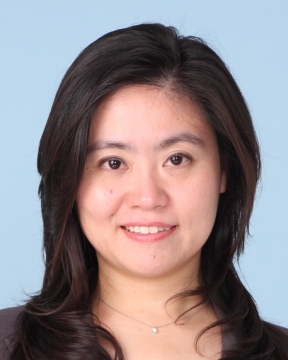 |
Dr. Fuhua YangGifu UniversityThe Potential Effects Of Antioxidant Supplements On Male Infertility Inufusa International Symposium (5th Intl. Symp. on Oxidative Stress for Sustainable Development of Human Beings) Back to Plenary Lectures » |
Abstract:In recent years, alongside the trend towards postponed marriage and childbirth, factors such as diets high in additives, increased pesticide use, and changes in lifestyle and living environments have contributed to an increasing trend in infertility compared to previous years. While infertility has traditionally been considered to attribute to female factors, it is now proven that approximately half of cases are attributable to male factors. The involvement of oxidative stress (OS) has been indicated as a factor behind this. We investigated the effects of evidence-based antioxidants on male infertility. Orthophenyl phenol (OPP) is a fungicide used on citrus fruits. Exposure to OPP through contact with the fruit or the fungicide itself has been reported to increase OS in the body. In this study, long-term exposure to OPP showed an upward trend in OS in the sperm, the testes and the cauda epididymis, with a significant increase in sperm. Furthermore, Claudin1, a tight junction-associated protein found in the testes and the cauda epididymis, demonstrated a downward trend, indicating that elevated OS may result in testicular dysfunction or spermatogenesis disorders. In contrast, the group administered the antioxidant supplement Twendee X (TwX) suppressed the effects of OS. Furthermore, when TwX and Twendee Mtcontrol (TwM), which contains TwX plus seven additional ingredients, were administered to men and women with infertility for six months to one year, both TwX and TwM improved human male function. Notably, the pregnancy rate in the TwM group exceeded 30% after one year. The antioxidant supplements TwX and TwM was suggested to possess the potential to enhance male fertility, thereby improving infertility. |
|